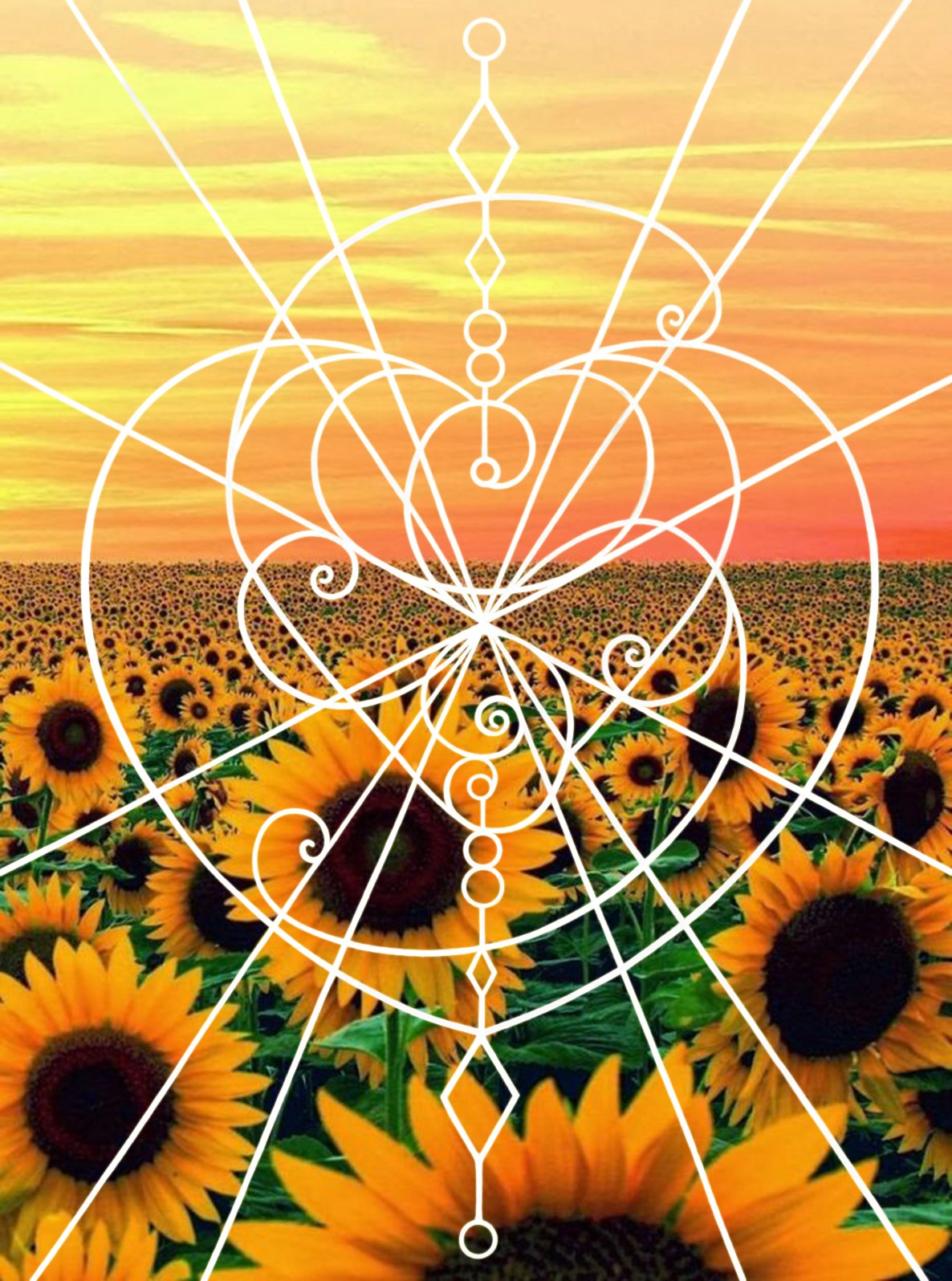
Naturally Inquiring Meetings
Welcome
Introduction: Understanding that we are the aware reality, reading these words and investigating this experience is the key to recognising the indestructible wholeness of our being. Really, in one sense all there is to do is to be this. The rest takes care of itself. This aspect of our inquiry, we can say, takes us into the poetry of true nature.
However, what gets in the way is the belief that this aware reality we are is a personal and separate aware reality associated with our mind and body. What liberates us from this limiting belief is our conviction that we don't know this belief is true.
It is the conviction of this 'not knowing' that makes it clear we have a choice to live as if this aware reality we are is defined and limited or undefined and unlimited. With the conviction of this ‘not knowing’ all limited thoughts are quietened. As the mind relinquishes any attempt to define us, we are instantly open to being this undefinable aware reality that is ever-present and never-changing, and we can live as if this reality were the source of all things without even the need to believe that.
Further inquiry shows to our satisfaction is that we have no evidence that our consciousness is limited and therefore we do ‘not know’. If we have no convincing evidence, then we have no reason to act as if it were. Should any thought or feeling arise that momentarily indicates we are a limited personal consciousness, we can meet this experience with the certainty that we don't know that is true and, therefore, be free from having to follow its impulse of fear and lack. From here, we have a lifetime to learn to live in the not knowing of defining what we are only that we are. This accords with the language of non-duality that often talks about our “infinite” and “eternal” nature.
It is this conviction, based on our thorough analysis of our experience, that helps us establish the peace of being, no matter what. Therefore, it is crucial to establish the conviction of this not knowing, which is to be achieved when we have the time and space to carry out a thorough investigation into any evidence, conscious or otherwise, we may be holding that underpins this belief.
Overview: The "Naturally Not Knowing" classes are designed as a deep dive into our conscious and unconscious assumptions that may subtly indicate we are a separate consciousness. The goal is to establish an unshakeable conviction in our understanding of our consciousness, carrying this understanding into our daily lives. This is carried out by exploring stage 1 and 2 inquiry above in group.
Class Structure:
Duration: Each class will last 90 minutes.
Time: 7:30 pm to 9:00 pm on a weekday evening.
Frequency: Once a month.
Contribution: Voluntary contribution of €15 for each class. You can donate here:
Next Date: See Below
Objectives:
Recognise True Nature: Establish a clear recognition of our true nature and the peaceful presence it brings.
Investigate Assumptions: Conduct thorough investigations into any evidence, conscious or otherwise, that may underpin the belief in a separate consciousness.
Experiment and Inquiry: Engage in experiments and inquiries to maintain a clear distinction between our true nature and the appearance of any limited experience.
Establish Conviction: Develop a conviction of 'not knowing' that our consciousness is limited, allowing us to live as if it is unlimited.
Methodology:
Initial Recognition: Begin each class with a session to recognise our true nature and the peace it brings with a short opening contemplation.
Inquiry and Discussion: Approach various issues from this vantage point, conducting experiments and inquiries into rational and irrational reasons behind our belief to be separate.
Experiments: Carry out experiments to see that limited experiences are expressions of our true nature, not definitions of it.
Reflection and Sharing: Discuss and reflect on findings in class, then take the investigation away to carry out in personal time, reporting back in the next meeting.
Topics Covered:
Cultural Conditioning: Explore how political, religious, and scientific cultures influence our beliefs about consciousness.
Linguistic Conditioning: Examine the impact of language and specific linguistic forms on our perception of consciousness.
Physiological Experience: Investigate how bodily sensations, breath, voice, posture, and movement contribute to our sense of a separate self.
Others may arise.
